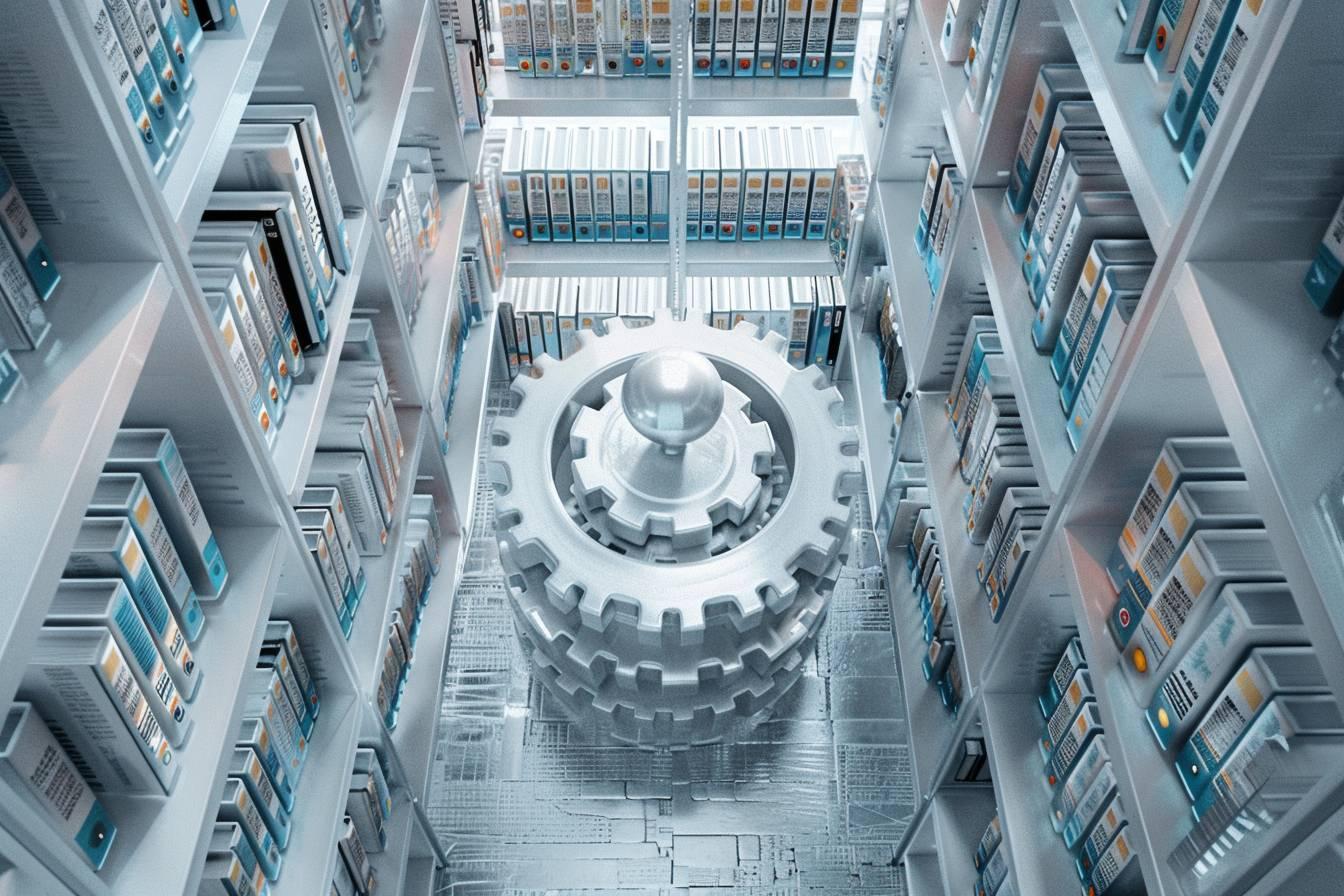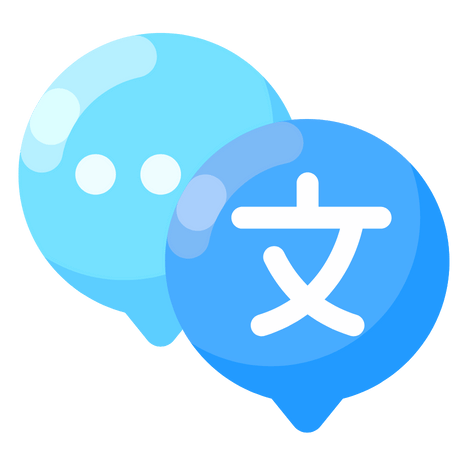Technical translation is a crucial field in the world of professional communication. It requires specialized expertise and unfailing rigor to ensure the accurate transmission of complex information. In this publication, we explore the essential aspects of technical translation, its challenges and the methods for ensuring excellence in your specialized documents.
Key skills and fields of application for technical translation
Technical translation is characterized by its highly specialized nature. It requires a unique combination of linguistic skills and expertise in specific fields. Technical translators must not only master the source and target languages, but also possess in-depth knowledge of the technical field concerned.
The main sectors where technical translation is indispensable include :
- Scientific and technical fields (manuals, instructions, patents)
- the legal sector
- The medical field
- Financial sector
- IT industry
Precise terminology is a fundamental element of technical translation. Translators must be able to juggle the jargon specific to each field, ensuring clear, unambiguous communication. This terminological expertise is crucial to avoid misinterpretations that could have serious consequences, particularly in terms of safety or legal compliance.
To illustrate the importance of specialization, here is a table comparing the skills required in different technical translation fields:
| Field | Specific skills | Main issues |
|---|---|---|
| Medical | Knowledge of anatomy, medical terminology | Vital precision for treatment |
| Legal | Mastery of comparative law, legal terminology | Legal compliance, contractual implications |
| Engineering | Understanding of technical processes, industry standards | Equipment safety, operational efficiency |
Ensuring quality and accuracy in specialized translation
Quality and accuracy are the cornerstones of any successful technical translation. The stakes can be high, from user safety to legal compliance. To achieve excellence in this field, a number of strategies are implemented by professionals and specialized agencies.
One of the pillars of quality in technical translation is a rigorous control process. This process generally includes :
- An initial translation by an expert in the field
- In-depth revision by a second specialist translator
- Technical proofreading by an industry expert
- Final validation before delivery to the customer
Technical translation agencies rely on teams of specialized translators, often with significant training or experience in their field of expertise. This specialization guarantees an in-depth understanding of technical concepts and the appropriate use of sector-specific terminology.
The use ofcomputer-assisted translation (CAT)tools also plays a crucial role in quality assurance. These tools help maintain terminological consistency, manage specialized glossaries efficiently and speed up the translation process without compromising accuracy. They have become an indispensable part of the workflow of modern technical translators.

Training and career prospects in technical translation
Technical translation offers attractive career opportunities in an ever-growing market. The demand for qualified technical translators is growing in parallel with the expansion of international trade in high-tech sectors. To meet this demand, specialized training courses have been developed, offering aspiring translators the skills they need to excel in this demanding field.
Technical translation training programs typically cover :
- Advanced mastery of working languages
- In-depth knowledge of specific technical fields
- Use of CAT tools and information technologies
- Terminology research methodologies
- Translation project management techniques
These courses can take the form of specialized master’s degrees, professional certificates or refresher courses. They are often delivered in collaboration with industry experts, ensuring that the skills acquired are in line with market needs.
Career prospects in technical translation are varied and promising. Qualified professionals can work as :
- Freelance translators specializing in one or more technical fields
- Corporate translators in technical or R&D departments
- Project managers in specialized translation agencies
- Consultants in international technical communication
Technical translation also offers interesting opportunities in terms of remuneration. Rates are generally higher than in general translation, reflecting the level of expertise required and the added value provided to customers.
Challenges and innovations in technical translation
The field of technical translation is constantly evolving, facing stimulating challenges and benefiting from technological innovations. One of the main challenges is the rapid pace of technological advances, which requires translators to continually update their knowledge. Professionals need to stay at the cutting edge of developments in their specialist fields to deliver accurate, up-to-date translations.
Theincreasing internationalization of markets also poses interesting challenges. Technical translators often have to navigate between different measurement systems, technical standards and regulations in different countries. This complexity requires not only linguistic translation, but also cultural and technical adaptation of content.
In the face of these challenges, innovation plays a crucial role. Advances in artificial intelligence and natural language processing have led to the development of increasingly powerful machine translation systems. However, far from replacing human translators, these tools have become invaluable allies, speeding up certain aspects of the translation process while leaving the final result to experts to refine and validate.
The future of technical translation lies in an intelligent synergy between human expertise and technological capabilities. Translators who can master these tools while bringing their unique added value – contextual understanding, cultural adaptation and technical expertise – will be the most likely to succeed in this fast-changing field.
